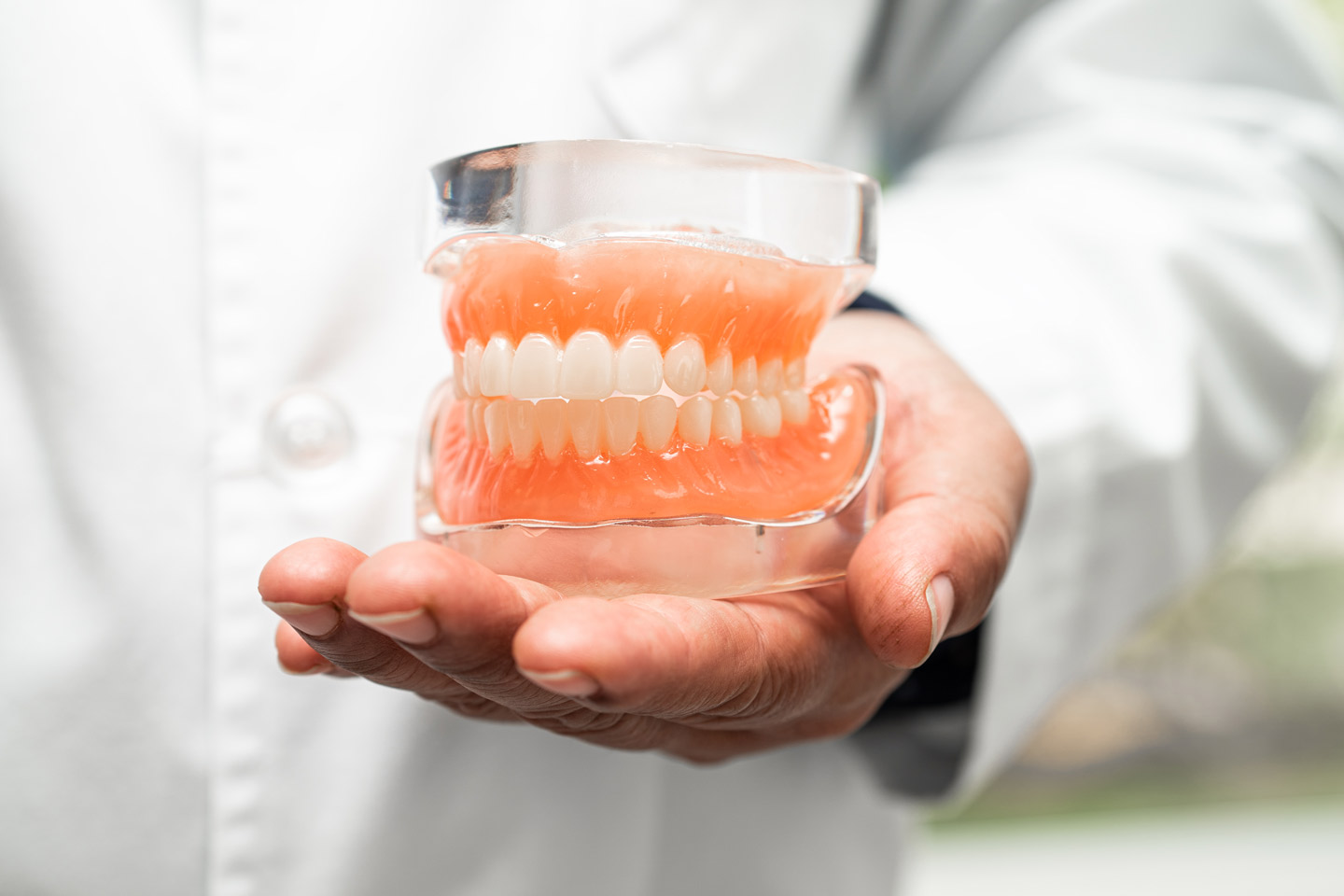How Long Does it Take to Get Used to Dentures

Understanding the Adjustment Period
What to Expect Initially
Adapting to dentures is a unique experience for everyone. Initially, you might encounter challenges like discomfort, increased salivation, and difficulty speaking clearly. These issues are common and usually subside as your mouth and muscles get accustomed to the dentures’ presence.
The Role of Time
Patience is key during this adjustment phase. While some individuals may adapt to dentures relatively quickly, others might require more time. On average, it takes about 30 days to get used to the new sensations and routines associated with wearing dentures.
Factors Influencing the Adaptation Time
Type of Dentures
The type of dentures you have plays a significant role in the adjustment period. Immediate dentures, which are placed right after tooth extraction, require more frequent adjustments as your mouth heals. Conventional dentures, on the other hand, are fitted after the gums have healed, often leading to a smoother adaptation.
Oral Health
The condition of your gums and remaining teeth also affects how long it takes to get used to dentures. If you’ve been experiencing oral health issues before getting dentures, the adjustment might take longer as your mouth heals and adjusts to the new prosthetic.
Practice and Persistence
Becoming comfortable with dentures involves practice. Eating soft foods, enunciating challenging words, and practicing good oral hygiene will help you build confidence and adapt more swiftly.
Tips for a Smoother Transition
Gradual Progression
Start by wearing your dentures for shorter periods, gradually increasing the duration as you grow accustomed to them. This technique prevents excessive discomfort and helps speed up the adaptation process.
Proper Denture Care
Maintaining proper hygiene for your dentures and oral tissues is crucial. Follow your dentist’s instructions for cleaning and soaking the dentures, as this prevents irritation and discomfort that could prolong the adjustment period.
Adhesive Usage
Denture adhesives can provide added stability and comfort. However, be cautious not to overuse them, as excessive adhesive can cause issues. Consult your dentist for guidance on the appropriate amount of adhesive to use.
FAQs
How long will it take for me to eat normally with dentures?
The time it takes to eat comfortably with dentures varies. Initially, stick to softer foods and gradually introduce harder foods as you become more accustomed to chewing with dentures.
Can dentures cause sore spots?
Yes, dentures can cause sore spots initially. Your dentist can make adjustments to alleviate these discomforts and ensure a better fit.
Will dentures affect my speech?
Yes, dentures might affect your speech at first. With practice and consistent wear, your speech will improve as your mouth muscles adjust to the new prosthetic.
Should I wear my dentures while sleeping?
It’s generally recommended to remove your dentures at night to give your gums and mouth tissues a chance to rest.
How often should I visit my dentist after getting dentures?
Regular dental check-ups are crucial to ensure the health of your gums and to make any necessary adjustments to your dentures. Your dentist will advise you on the appropriate schedule.
Conclusion
Getting used to dentures is a process that requires patience, practice, and proper care. While the adjustment period can vary, most individuals find comfort and confidence in their dentures within about 30 days.
By understanding the factors that influence adaptation time and following helpful tips, you can navigate this transition with greater ease and enjoy the benefits of a functional and confident smile.



